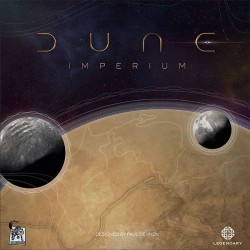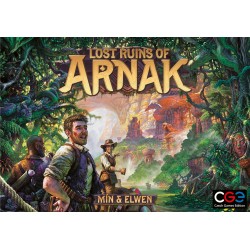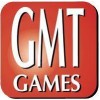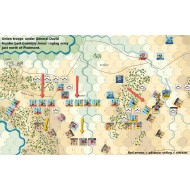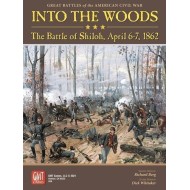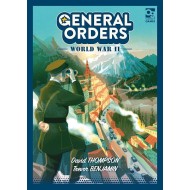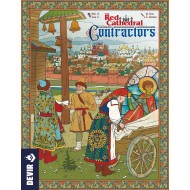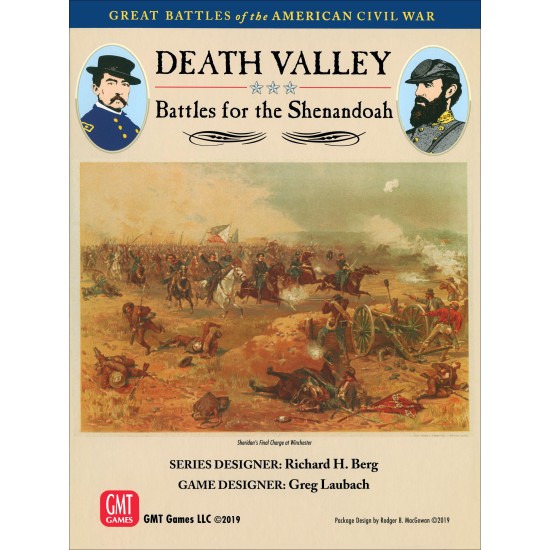
Out of Stock
Death Valley: Battles for the Shenandoah - War Games
$94.99
- Stock: Out Of Stock
- Reward Points: 95
- Model: BGNM3749
In Stock : We will usually ship these items with 24-48 hrs if there are no preorder items in the order.
Enter your email address below and we will notify you as soon as the product is available again.
Email

Death Valley: Battles for the Shenandoah is the seventh installment of the Great Battles of the American Civil War (GBACW) series, published by GMT Games.
Death Valley: Battles for the Shenandoah contains eight battle games with multiple scenarios. They range from division level contests on half sized maps to two map battles between armies. Experienced players will be able to play many of the scenarios in one sitting. The rules compare the development of the cavalry, and the changes in infantry and artillery organization and tactics in 1862 and 1864.
Three Battles of the Shenandoah Valley Campaign of 1862
In a campaign still studied in military academies, Confederate General Thomas J. (Stonewall) Jackson engaged and defeated the Union forces pursuing him. Greatly outnumbered and at times facing three Union armies, Jackson defeated them all within ten weeks, at one point completely freeing the Shenandoah Valley of Union forces. Three battles from Jackson’s 1862 Valley Campaign are featured.
Kernstown, March 23, 1862
Winchester, May 25, 1862
Cross Keys and Port Republic, June 8-9, 1862
Five Battles of the Shenandoah Valley Campaigns of 1864
New Market, May 15, 1864
2nd Kernstown, July 24, 1864
3rd Winchester, September 19, 1864
Fisher's Hill, September 22, 1864
Cedar Creek, October 19, 1864
The Great Battles of the American Civil War Series:
This series is one of the hobby’s longest-lived design concepts, springing from the legendary regimental level Gettysburg game – Terrible Swift Sword (SPI) – designed by Richard Berg in 1976. Under GMT, the rules system has remained stable, but has shown remarkable flexibility to allow each game to smoothly incorporate additional rules to reflect the historical battles. The series relies on interactive chit-pull mechanics to simulate the oftentimes-chaotic nature of the 19th Century battlefield at the regimental level.
Changes have been made to the series rules for Death Valley in order to enhance their clarity and simulation value. Veteran players will find the revised rules to be very familiar, with the main differences being in the user-friendliness of the rulebook, as well as how the game "feels", especially for players versed in Civil War tactics.
Components:
1960 counters
Three 22" x 34" double-sided maps
Two 17" x 22" double-sided maps
One GBACW series rules booklet
Two Battle booklets
Sixteen Activation and Turn Record charts
Two Player Aid Cards
One Terrain Effects Chart
One 2nd Disorder Chart
Two 10-sided dice
TIME SCALE: Each Turn = 1 Hour
MAP SCALE: 145 Yards Per Hex with 25-Foot Elevations
UNIT SCALE: 50 Men or 1 Cannon per Strength Point
description from GMT website
Death Valley: Battles for the Shenandoah contains eight battle games with multiple scenarios. They range from division level contests on half sized maps to two map battles between armies. Experienced players will be able to play many of the scenarios in one sitting. The rules compare the development of the cavalry, and the changes in infantry and artillery organization and tactics in 1862 and 1864.
Three Battles of the Shenandoah Valley Campaign of 1862
In a campaign still studied in military academies, Confederate General Thomas J. (Stonewall) Jackson engaged and defeated the Union forces pursuing him. Greatly outnumbered and at times facing three Union armies, Jackson defeated them all within ten weeks, at one point completely freeing the Shenandoah Valley of Union forces. Three battles from Jackson’s 1862 Valley Campaign are featured.
Kernstown, March 23, 1862
Winchester, May 25, 1862
Cross Keys and Port Republic, June 8-9, 1862
Five Battles of the Shenandoah Valley Campaigns of 1864
New Market, May 15, 1864
2nd Kernstown, July 24, 1864
3rd Winchester, September 19, 1864
Fisher's Hill, September 22, 1864
Cedar Creek, October 19, 1864
The Great Battles of the American Civil War Series:
This series is one of the hobby’s longest-lived design concepts, springing from the legendary regimental level Gettysburg game – Terrible Swift Sword (SPI) – designed by Richard Berg in 1976. Under GMT, the rules system has remained stable, but has shown remarkable flexibility to allow each game to smoothly incorporate additional rules to reflect the historical battles. The series relies on interactive chit-pull mechanics to simulate the oftentimes-chaotic nature of the 19th Century battlefield at the regimental level.
Changes have been made to the series rules for Death Valley in order to enhance their clarity and simulation value. Veteran players will find the revised rules to be very familiar, with the main differences being in the user-friendliness of the rulebook, as well as how the game "feels", especially for players versed in Civil War tactics.
Components:
1960 counters
Three 22" x 34" double-sided maps
Two 17" x 22" double-sided maps
One GBACW series rules booklet
Two Battle booklets
Sixteen Activation and Turn Record charts
Two Player Aid Cards
One Terrain Effects Chart
One 2nd Disorder Chart
Two 10-sided dice
TIME SCALE: Each Turn = 1 Hour
MAP SCALE: 145 Yards Per Hex with 25-Foot Elevations
UNIT SCALE: 50 Men or 1 Cannon per Strength Point
description from GMT website
| General | |
| Players | 1 - 2 players |
| Age | 0+ years |
| Time | 300 - 1200 mins |
| Designers | Richard H. Berg, Greg Laubach |
| Artists | Charles Kibler, Rodger B. MacGowan, Mark Simonitch |
| Mechanism | Chit-Pull System, Dice Rolling, Grid Movement, Hexagon Grid, Line of Sight, Movement Points, Scenario / Mission / Campaign Game, Simulation, Zone of Control |
| Year Published | 2019 |
| Difficulty | 4.3/5 |
| Game Type | Competitive |
| Rating | 8.5/10 |
| BGG Link | Click Here |

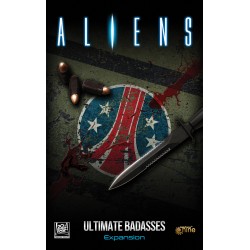
-250x250h.jpg)
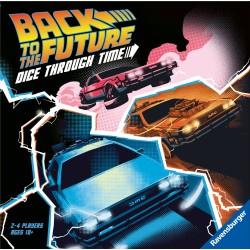
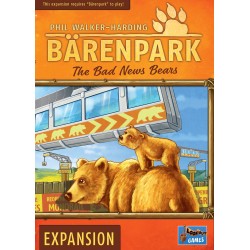
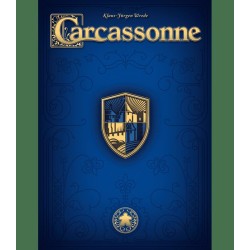
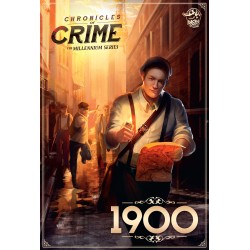
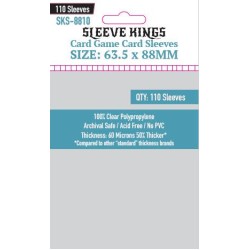

-250x250.jpg)


-250x250.jpg)
